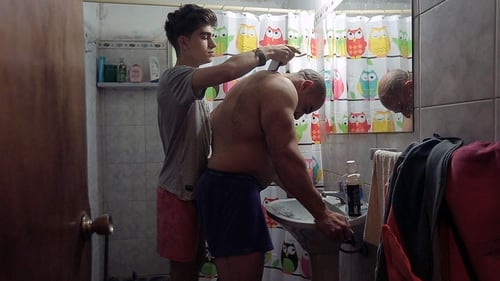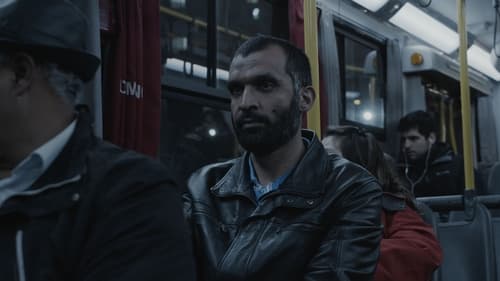Juan Ignacio Fernández Hoppe

Editor
Juan Ignacio Fernández Hoppe was just eight years old when his father’s body was found on a beach. His mother, a psychiatrist, decided an autopsy was unnecessary, even though his father had been depressed and had psychiatric medication among his belongings. Thirty years later, the filmmaker tries to find out what happened, who his father was and how his mother arrived at her decision.

Director of Photography
Juan Ignacio Fernández Hoppe was just eight years old when his father’s body was found on a beach. His mother, a psychiatrist, decided an autopsy was unnecessary, even though his father had been depressed and had psychiatric medication among his belongings. Thirty years later, the filmmaker tries to find out what happened, who his father was and how his mother arrived at her decision.

Producer
Juan Ignacio Fernández Hoppe was just eight years old when his father’s body was found on a beach. His mother, a psychiatrist, decided an autopsy was unnecessary, even though his father had been depressed and had psychiatric medication among his belongings. Thirty years later, the filmmaker tries to find out what happened, who his father was and how his mother arrived at her decision.

Writer
Juan Ignacio Fernández Hoppe was just eight years old when his father’s body was found on a beach. His mother, a psychiatrist, decided an autopsy was unnecessary, even though his father had been depressed and had psychiatric medication among his belongings. Thirty years later, the filmmaker tries to find out what happened, who his father was and how his mother arrived at her decision.

Director
Juan Ignacio Fernández Hoppe was just eight years old when his father’s body was found on a beach. His mother, a psychiatrist, decided an autopsy was unnecessary, even though his father had been depressed and had psychiatric medication among his belongings. Thirty years later, the filmmaker tries to find out what happened, who his father was and how his mother arrived at her decision.

Editor
Ten years after winning a world title in bodybuilding in Russia and becoming a star of said discipline in Mexico, Antonio Osta (43) leads a life of austerity in the Uruguayan rural town where he grew up. He resides there with his son Juanjo (17), a sensitive teenager who keeps him company and confronts him openly. Suffering from acute kidney disease which keeps him from competing professionally, Antonio is stuck in limbo, halfway between his glorious past and the impossibility of being who he once was. However, he is unwilling to give up his lifestyle, even if it kills him. In an attempt to reinvent himself, and seeking a better future for his son, Antonio plans a comeback to the Mexico bodybuilding scene, where he may relive his glory days.

Editor
After thirteen years in Guantanamo, Muhammad is set free and taken to Uruguay. He has a second chance in an unknown place where he shall start to live a new life in freedom.

Editor
Sailing on a Uruguayan Navy ship, a group of soldiers sees their lives consumed by risk and fatigue. Their destination is Antarctica and they will cross the stormy ocean to deliver supplies to a scientific base. Their journey, often interrupted by icebergs, is long and fraught with danger. Upon reaching their destination, the landscape becomes dominant and the men slowly disappear. There, in the midst of the storm, all traces of humanity have been erased and the world dilutes us in the waters of the thaw.

Director
90-year-old Nivia faces an unexpected change. Her daughter Alicia, whom Nivia has lived with for ages, has found a new husband after years of widowhood and understandably wants to move in with him. Nivia disapprove of the relationship and accuses her daughter of abandoning her. Both women embark on a profound and revealing journey where the longing for a new love and the fear of growing old alone inevitably lead to a clash between mother and daughter. The director, Nivia's grandson and Alicia's son, managed to capture in an almost invisible way - as if in a work of fiction - the inevitable sorrow caused by a separation which, nevertheless, took place in a garden where flowers never wither, a dog turns out to be the best psychologist and an annoying pigeon seems to be announcing a miracle.

Editor
A north to south canoe trip along quiet bodies of water of Uruguay, exploring the fauna and flora amidst the wilderness.

Screenplay
A north to south canoe trip along quiet bodies of water of Uruguay, exploring the fauna and flora amidst the wilderness.

Editor
Sandra works at a toll booth. Her life and work are very ordinary and boring. A call will break her routine and she would have to make a decision that could change her life.










